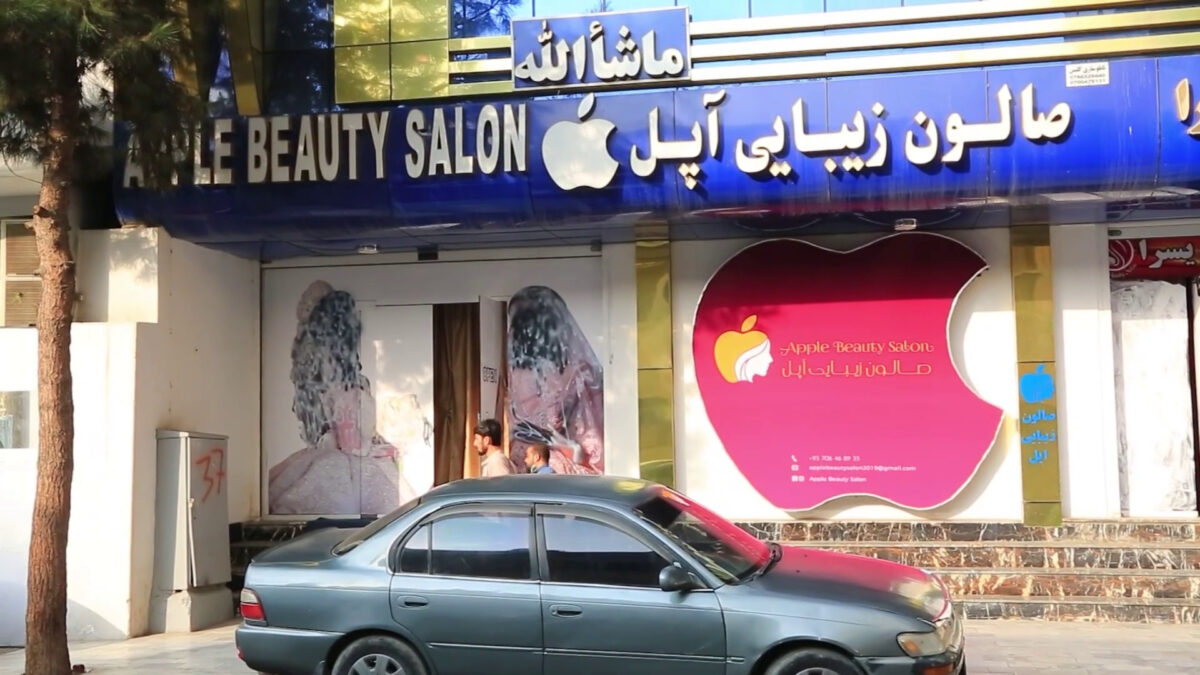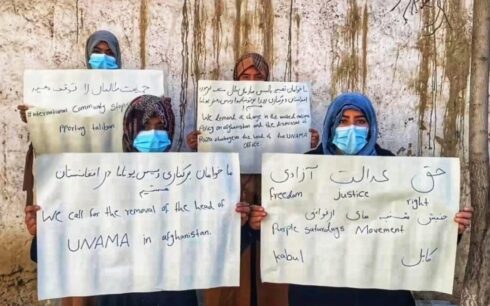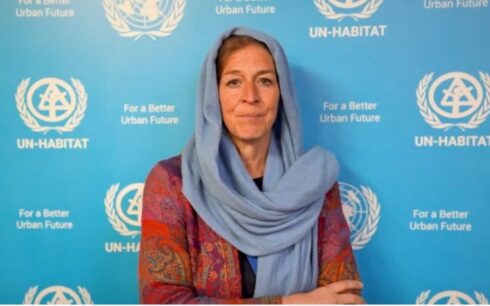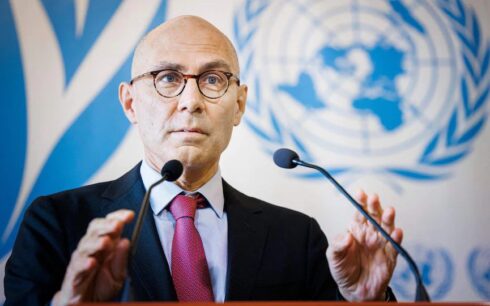A number of women working in beauty salons have voiced their concerns about the impact of the Taliban’s recent order to shut down such businesses within a month. This directive has left many worried about losing their livelihoods and employment opportunities.
Marzia, a professional hairdresser, has been supporting her family for seven years through her salon. However, with the Taliban’s order to halt women’s hair salons, she now faces uncertainty about how to sustain her living expenses.
“The closure notice from the Taliban is devastating news for us. There are over a thousand women’s hair salons in Herat city, and many of us are the sole breadwinners for our families,” said Marzia, who supports a family of eight.
She shared that several women who worked with her in the salon lost their jobs when the new government took control.
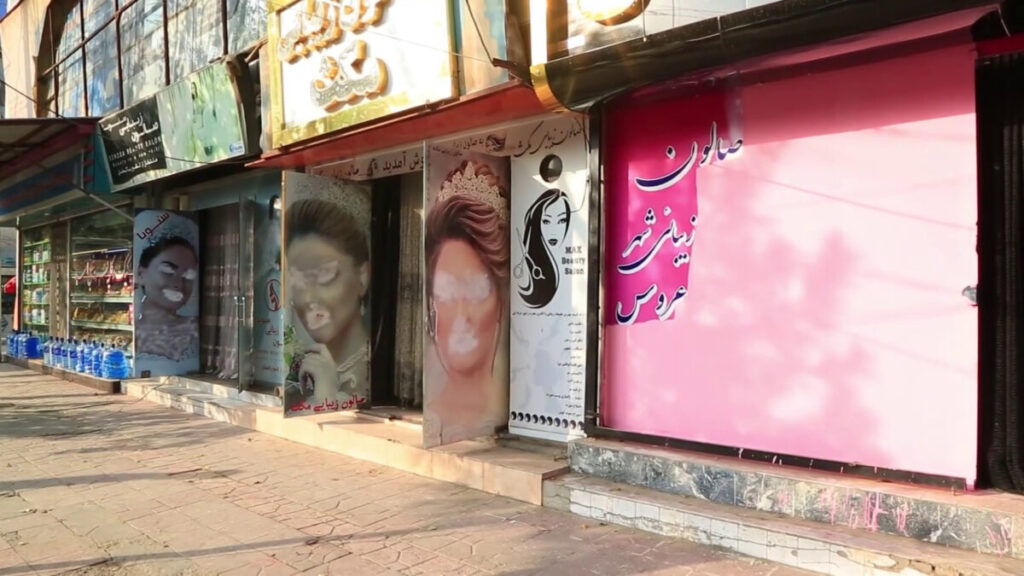
Women’s rights activists argue that there is no justification for banning hairdressing salons and believe that the Taliban’s actions only make life more challenging for Afghan women.
Rita Anwari, a women’s rights activist, stated, “A country relies on both segments of society, women and men. When women are unable to work, and there is no breadwinner or support for women with businesses, such as acquiring makeup—which is a basic need for every woman in any circumstance—Afghanistan sinks deeper into poverty.”
Hamira Farhangyar, a human rights activist, expressed her disappointment, saying, “Unfortunately, the current government has unclear policies that leave us wondering about their intentions for women.”
“Governments that succeed prioritize creating opportunities and jobs for women. They should support families and the people. As an Islamic government, they should provide a safe and peaceful environment for women to fulfill their duties and work without hindrance,” she added.
The United Nations Assistance Mission in Afghanistan (UNAMA) took to Twitter on Tuesday, urging the Taliban to immediately revoke their order to close beauty salons. UNAMA expressed concerns that this restriction on women’s rights would have a detrimental impact on the economy and contradicts the Taliban’s stated support for women’s entrepreneurship. UNAMA emphasized its ongoing engagement with stakeholders to seek the reversal of these bans.
According to Reuters, the Taliban’s Ministry for the Promotion of Virtue and the Prevention of Vice recently issued an edict ordering beauty salons to be closed within a month, further restricting women’s access to public spaces.
While the Taliban has not officially commented on the matter, a letter outlining the closure deadline for beauty salons has circulated widely on social media since the beginning of the week.
The increasing restrictions imposed on women since the Taliban’s return to power in 2021 have garnered condemnation from foreign governments and UN officials. Girls’ secondary schools have been closed, women are barred from universities and working for NGOs, and their presence has been limited in public places such as bathhouses, gyms, and parks.
Following the Taliban’s removal from power in 2001, beauty salons emerged in Kabul and other cities across the country. Despite the Taliban’s resurgence, many of these salons continued to operate with discreet signage and covered windows. This provided employment opportunities for women and accessible services for customers.
The Taliban claims to uphold women’s rights in accordance with their interpretation of Islamic law and Afghan customs.

